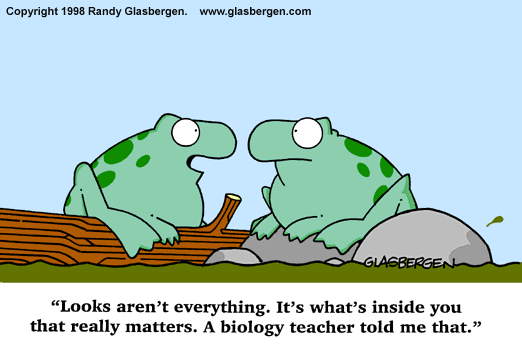 |
| Aspens by Ansel Adams |
Your Anger: What Is Anger? and Why?by Constance McKenzie,
M.Ed., M.A., NCC, MAC, CBCC, CBAT
Anger is one of the most misunderstood and overused of human emotions. First, anger is a reaction to an inner emotion and not a planned action. Second, anger is easier to show: everyone has anger issues. Third, the feelings underlying the anger reaction make us feel vulnerable and weak; your anger makes you feel, at least momentarily, strong and in control. Fourth, angry behaviors are learned over the life-span and therefore can be unlearned and replaced with healthier patterns of coping . Fifth, anger can be an immediate reaction to an isolated event or it can be a response after numerous events.
To repress anger is unhealthy (Hankins and Hankins, 1988) and yet to express it impulsively, as we so often do, may give momentary relief but inevitably will carry negative consequences (Hankins and Hankins, 1988; Ellis, 1992; Luhn, 1992). To alter our angry responses, we need to understand from where it comes. There are a variety of factors that increase the probability of an anger reaction.
First, if we have seen our parents get angry first and resolve an issue after, we are more likely to use the same approach. Thus, types of anger are learned. Second, if we are frustrated and feel stressed, we are more likely to react with anger. Third, if we are tired, we are more prone to react in an angry fashion. Fourth, if we tend to hold our feelings inside rather than talk them out, we are more likely to have an angry outburst as the pressure increase much like a pressure cooker.
Styles Of Anger
Each of us develops their own special style of anger:
· The "Mad Hatter" Driver: This person yells, curses, and offers gestures to other drivers when s/he is in a hurry and frustrated.
· The Sulker: This person shuts down in a chair and stops speaking and looking at others.
· Safe Haven Abuser: This person takes her/his frustration out only on the ones s/he loves.
· The Distractor: This person disregards the object of his annoyance by reading the paper, forgetting to run an errand, or playing the radio too loudly. When s/he is confronted, the response is: I didn't know; I forgot; I'm tired.
· The Blamer: This person blames everybody for everything and rarely accepts responsibility for his own short comings.
· The Avenger: This person believes s/he has been given the right to seek vengeance in any way for anything by using the excuse: they deserved it.
Anger Issues Check List -- How Is Your Anger?
· People tell you that you need to calm down.
· You feel tense much of the time.
· At work, you find yourself not saying what is on your mind.
· When you are upset, you try to block the world out by watching TV,
reading a book or magazine, or going to sleep.
· You are drinking or smoking marijuana almost daily to help you calm down.
· You have trouble going to sleep.
· You feel misunderstood or not listened to much of the time.
· People ask you not to yell or curse so much.
· Your loved ones keep saying that you are hurting them.
· Friends do not seek you out as much.
If you scored:
0 - 2 | MANAGEABLE | you could benefit from relaxation training |
3 - 5 | MODERATE | you need to learn more about what stresses you, and learn stress management techniques |
6 + | OUT OF CONTROL | you have an anger problem that could benefit from learning anger management techniques |
Conclusion
Anger reactions have been likened to a train running out of control and about to derail. A little anger can motivate us to take action in positive ways. A lot of anger will make us "red with rage." The price for your anger is that you are out of control, you drive away those whom you love the most, and endanger your employment.
Bibliography
Ellis, Albert, (1992) Anger: How to Live With and Without It, New York:Citadel Press Book. Hankins, Gary, and Hankins, Carol, (1988) Prescription for Anger, New York:Warner. Luhn, Rebecca R., (1992) Managing Anger, Menlo Park, Cal.:Crisp Publications.
About the Author:
Constance McKenzie, M.Ed., M.A., NCC, MAC, CBCC, CBAT Specializing in depression, victims, victimizers, and addiction, I have been a therapist for thirty years, and a college instructor for twenty. My article, "A Study of Serial Murder" was published in 1995.
Originally published 5/28/98 Revised 11/05/08 by Marlene M. Maheu, Ph.D.

 Hawkeye would often stay with Nichols while Tumilson was deployed, so the two are already friends and Hawkeye is going to a home he knows and loves.
Hawkeye would often stay with Nichols while Tumilson was deployed, so the two are already friends and Hawkeye is going to a home he knows and loves. 























